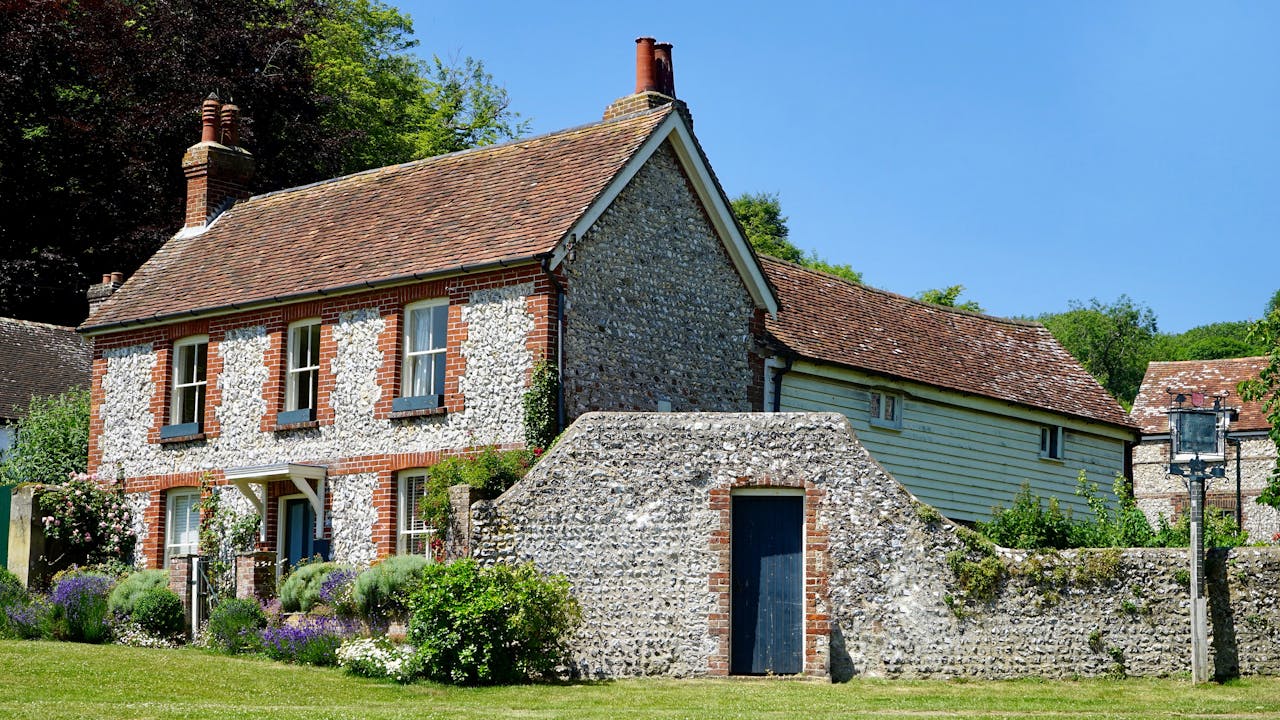
While there are various factors influencing this burning question, ultimately a good choice of ‘time of year’ will probably move things along as far as any, as it has the potential to alchemise a number of market positives. Market conditions comprise a few micro and
macro strands such as local real estate trends and government economic policy, respectively, so sellers need to balance local real estate trends eg inventory load, against stamp duty changes and wider consumer/job confidence.
Furthermore, personal circumstances remain uppermost in sellers’ minds- financial situation and needs, readiness to move, job location and changing family size all exert massive sway on such a big, big decision. It puts a wheel in spin that may not stop for months or longer!
Nationally, the best time now to sell a house to maximise profit is early June, when schools
near their summer breaks and the largest number of buyers is looking for homes. For that
reason, Thompson Perry & Green recommends listing your home for sale in spring.

Best Month: The best month to sell a house has historically been May or even early spring around March- sellers who list their properties in the last two weeks of May earn around an extra 1.6% on sales. While sellers typically see higher returns when listing between March 15 and July 31, many factors (as above and below) can influence the timing premium.
Best Day: Listing on a Thursday can increase the chance of your home selling more quickly and for more money, as it’s close enough to the weekend for buyers to get excited about seeing a new listing, especially if they’re making plans for more viewings over the weekend. Homes listed on a Sunday tend to sit on the market longer than those listed on a Thursday. Saturday and Monday are only marginally better than Sunday, and also Thursday
listings were slightly more likely to sell above their asking price. Seasonally, spring is typically the best time of year to list your home for sale, often when
buyers tend to come out of winter hibernation and hit the market hard. However, a surge in house prices and any rises in interest rates create a new kind of seasonality where financially strapped buyers flock to the market when rates drop, regardless of the season.
Selling in Spring: Buyers tend to shop for homes as the weather gets warmer, so prepping your home in the winter months to sell in spring usually makes sense. The (hopefully!) nicer weather encourages moving, and a summer break from the kids’ schools helps explain why spring is typically the most popular time to buy and sell.
Selling in Summer: Many of the same reasons buyers shop in the spring apply to home buying in summer- warm weather, school breaks, and simply having more hours of sunshine to attend viewings. Of course, summer is for holidays, so that also accounts for slowdowns.
Selling in Autumn: Many buyers shopping in late summer may try to move in time to get settled before the school year picks up or before the weather closes in, and that feeling of urgency can be a benefit to sellers.
Selling in Winter: While winter is traditionally the slowest season for home sales, if your local climate is warmer or drier year-round, windows for selling may be as good in the winter months (though we are talking the UK, here!)
Peak Market Conditions: Of course, seasonality isn’t the only factor to keep in mind when deciding if it’s the right time to sell your house. It’s also important to consider the state of your local housing market, like whether it’s a buyer’s market or seller’s market. A buyer’s market occurs when there are more homes for sale than people looking to buy. When inventory is high, sellers can expect their home to stay on the market longer before receiving an offer, and you may have to sell below list price or make additional concessions to the buyer.
In a seller’s market, there are more potential home buyers than there are available homes. A sellers market is the ideal time to sell your home, as you can expect it to sell more quickly and you’re more likely to receive multiple offers and sell for full price (or above).
Mortgage interest rates have been on the low-side since 2008 but remain unpredictable. The higher the rates, the further a buyer’s budget has to stretch to get the home they want. When rates are low, homebuyers have more buying power and are especially more likely to be shopping and buying.
Sell When Ready: When it comes down to it, the best time to sell is the best time for you. All kinds of personal factors can play into your decision to sell, from job changes to family changes to just generally feeling ready. Keep the following factors in mind:
Lifestyle Changes: Job changes, relocations, a growing family, and downsizing are the most common reasons people decide to sell. Job-related moves often require a stricter timeline, whereas family-related moves can sometimes be timed to take advantage of beneficial
market factors. Emotional Preparedness: No matter the reason for your move, it’s important to make sure you’re emotionally prepared. Even if you’re moving for a logical reason — for example, you’re a recent empty-nester downsizing after children leave home- it can be hard to let go of all the memories made in your family home.
Financial Benefits: If a home has gained substantial equity, the value built may be enough to realise a healthy down payment on a dream home or provide a comfortable cushion for retirement.
"Homebuyers looking to move here are discovering the charm of the East Midlands, especially areas around Stamford, Oakham, Uppingham and Market Harborough, which offer stunning countryside, first-class schools, and other “pull actors” that recur in national and regional property market reports. London professionals are leaving the capital for the countryside, but supply is yet to meet rising demand, creating price bubbles that keep the tranquillity exclusive yet make must-have urban accessibility by new train hubs so desirable."

Questions or advice? Contact us!